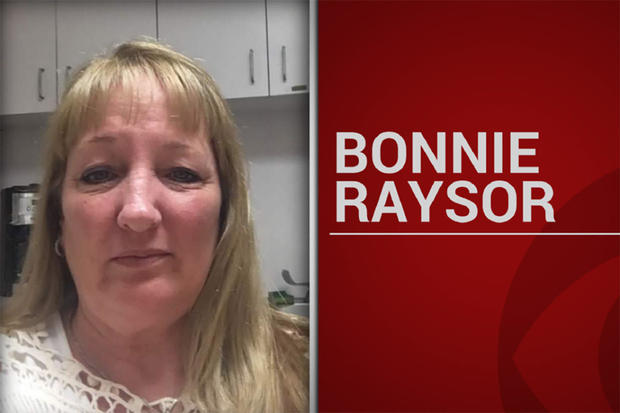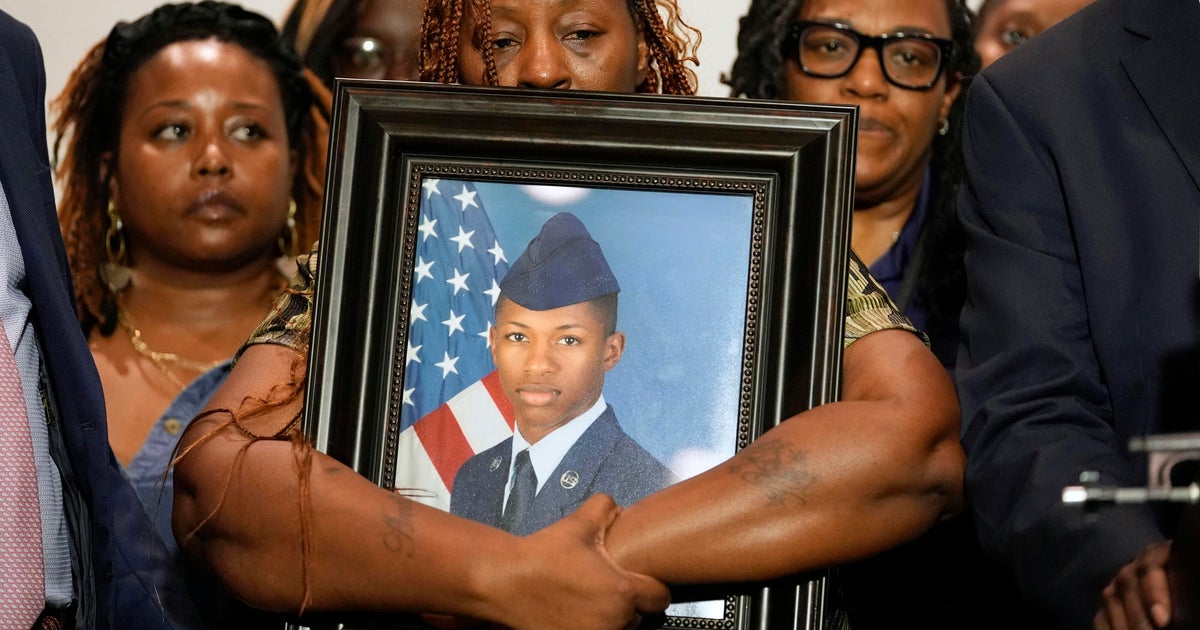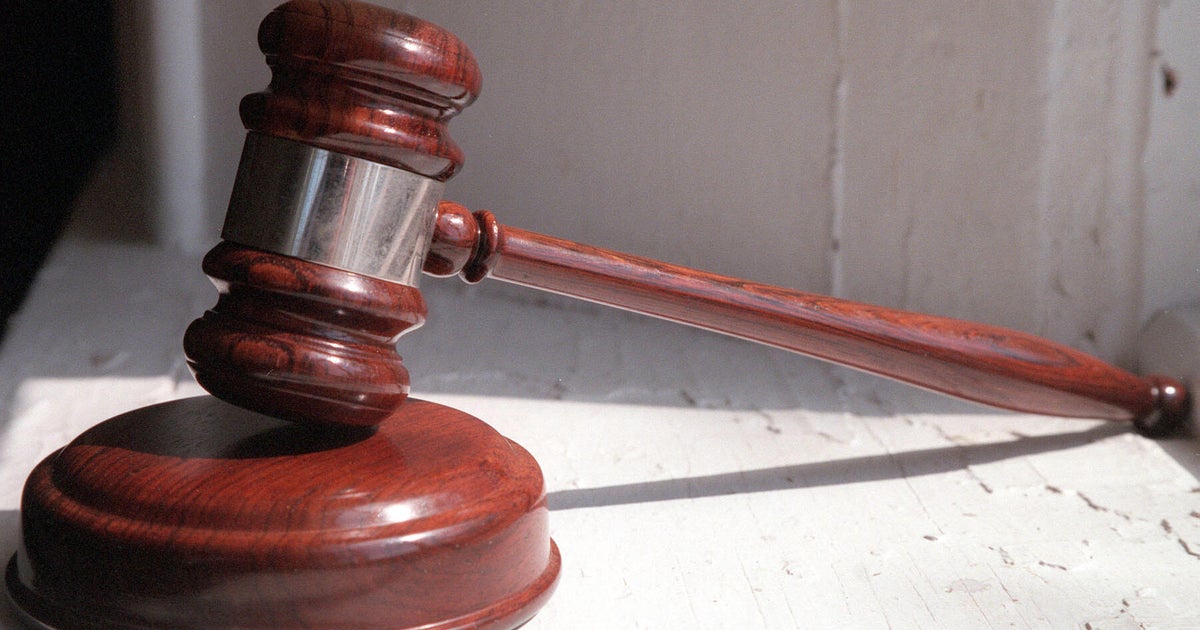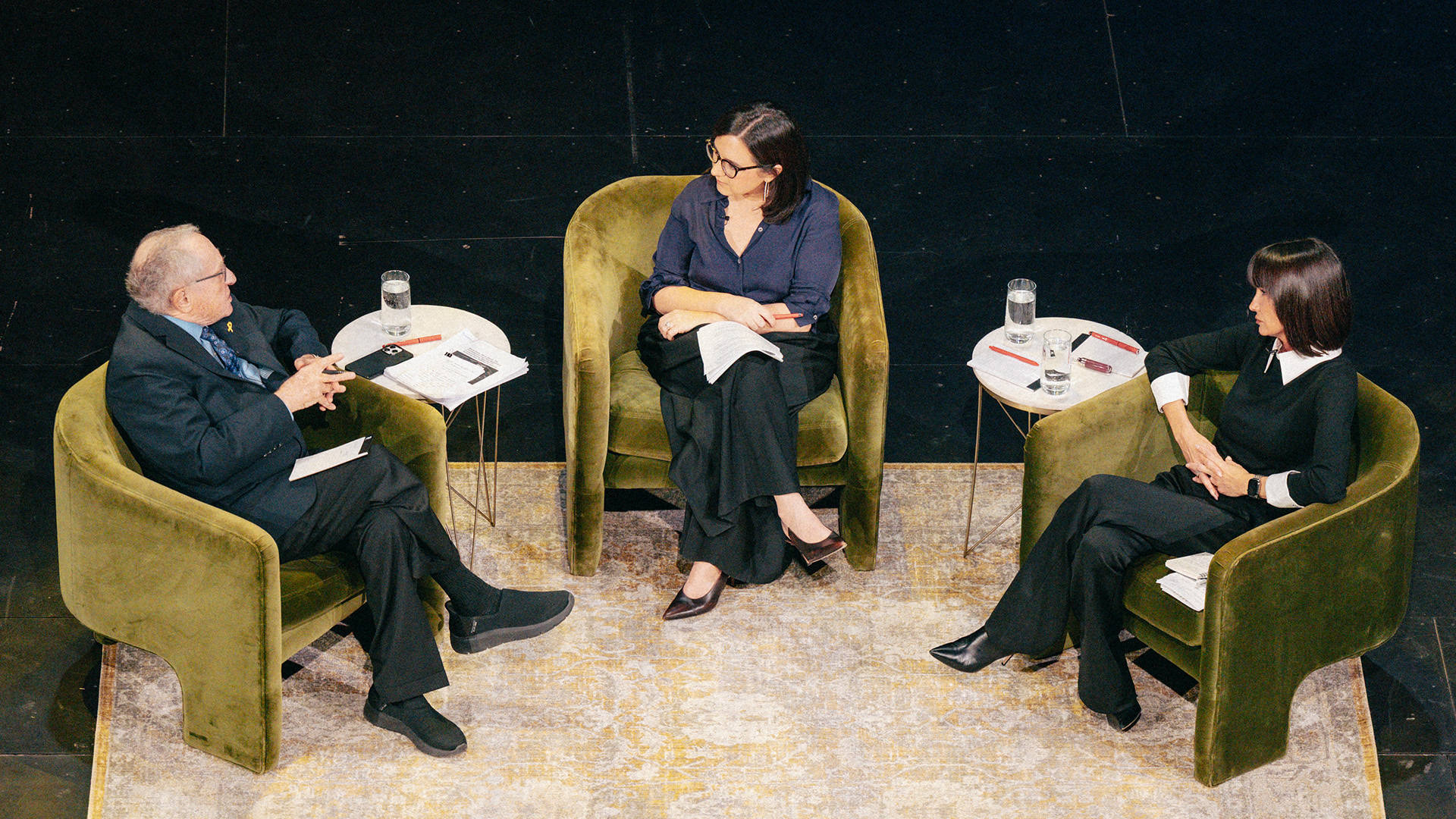Former inmate sues Florida over bill narrowing voting rights amendment
Bonnie Raysor has spent the last decade without the right to vote. The 58-year-old thought she was going to cast a ballot in the battleground state of Florida, but now calls that dream a "false hope."
A controversial bill that goes into effect Monday means Raysor likely won't be able to vote until 2031, when she's due to pay off $4,260 in outstanding fines and fees from a 9-year-old felony conviction.
"I really miss being able to have a voice," Raysor said. "I believe that one person really does matter."
The mother of four had battled opioid addiction and was convicted on six felony drug-related charges in 2010, which she said stemmed in part from being caught selling six pills. She completed an 18-month sentence behind bars and was released in 2011. She now lives in Boynton Beach, Florida.
In last year's midterm elections, Florida voters overwhelmingly approved a constitutional amendment that granted certain non-violent felons, such as Raysor, the right to vote. The measure, known as Amendment 4, restored eligibility to an individual "after they complete all terms of their sentence."
However, a bill known as S.B. 7066 signed into law by Gov. Ron DeSantis on Friday defines "all terms" to include any financial obligations a felon might incur. This means fines, fees and restitution must be paid off before an individual can register to vote.
Raysor's lawyers say that's unconstitutional. They've filed a lawsuit against the Florida secretary of state arguing that tying someone's ability to pay off their debt to their ability to cast a ballot amounts to discrimination on the basis of wealth.
Danielle Lang, who is representing Raysor and is co-director of the Campaign Legal Center's voting rights and redistricting program, said the law violates the 14th Amendment's Equal Protection Clause as well as the 24th Amendment, which prohibits poll taxes.
"The argument is actually pretty straightforward, and it's taught in 7th grade civics," Lang added. "We can't have a poll tax."
Sen. Elizabeth Warren called the bill "Jim-Crow Era nonsense" when it was signed into law Friday. Sen. Bernie Sanders has also called the measure "racist and unconstitutional."
The American Civil Liberties Union has filed a similar lawsuit on behalf of 10 former inmates in the state of Florida.
During the first three months of 2019, the Brennan Center estimates the number of eligible ex-felons who registered to vote was 100 times higher than in previous odd-number years due to Amendment 4's passage.
It's unclear how many people like Raysor could be affected by the new law. According to the Florida Department of Corrections' annual report, 23 percent of inmate admissions during the last fiscal year were drug offenders. The Brennan Center's analysis of "hidden costs" in Florida's justice system found an individual might be liable for between $500 to $10,000 in fines if they're ordered to serve probation in a residential drug treatment center.
Florida is one of a handful of states where fees and fines are the sole source of funding for courts. When Raysor was released, she was unaware she owed anything until a bill arrived in the mail. The bulk of her debt was for the public defender that represented her.
She said $35 "could have been a million" to her upon release, much less the thousands she discovered she owed.
"We are levying these millions of dollars in fines and fees in costs, on the backs of the people who are least able to pay it," Lang said. "People with past convictions are disproportionately poor, disproportionately unable to obtain employment, disproportionately homeless. Yet, we expect them to pay enormous costs to fund our criminal justice system."
Raysor pays $30 a month into a payment plan approved by a Florida judge. Under that timeline, she won't be eligible to vote in the next two presidential elections and next three midterm cycles.
Raysor has since kicked her addiction. She uses what she earns as an office manager for an air duct cleaning company to pay off her court obligations, costs of living and student debt. Her 19-year-old daughter just moved back home from college because rents on campus were too high. Raysor said she likes to do things with her grandchildren like taking them ice skating, but has to consider the cost.
"But a buck-fifty to take them ice skating and I'm like, son, you can pay this and I'll take them," she added.
Proponents of S.B. 7066 point out that certain debt can be disputed through a judge. However, voting rights activists say this is an arduous, slow process; oftentimes costing individuals additional fees to hire a lawyer to sort through their options.
In an interview last month, before the bill was signed into law, Florida state Rep. James Grant, said if paying off financial obligations is a requirement to complete a sentence, it must also be a requirement to gain access to the ballot under Amendment 4.
The Tampa Republican, and a main architect of the bill, argues it provides much needed clarity.
"I don't know what all 5 million voters were thinking," he said. "But I do know what all 5 million voters were presented."
Raysor disputes that.
"It should have been presented to people on both terms: pay it off or don't pay it off," she said. "Let the American people speak. It's like saying here's your reward, and then no wait, we're going to add some things to it."
A recent poll found Florida voters split on this exact issue. Quinnipiac University estimates 45 percent of Floridians support the financial requirement, while 47 percent are against it.
Some are accusing Republicans who passed and signed the bill into law of playing politics. Grant criticized those claims, saying it's unfair to assume those impacted under Amendment 4 would vote for one party over another.
"At some point you just have to put your eyes down and say I'm going to create the most equitable product I can," he added. "And do it in a way that I can defend the rest of my life."




